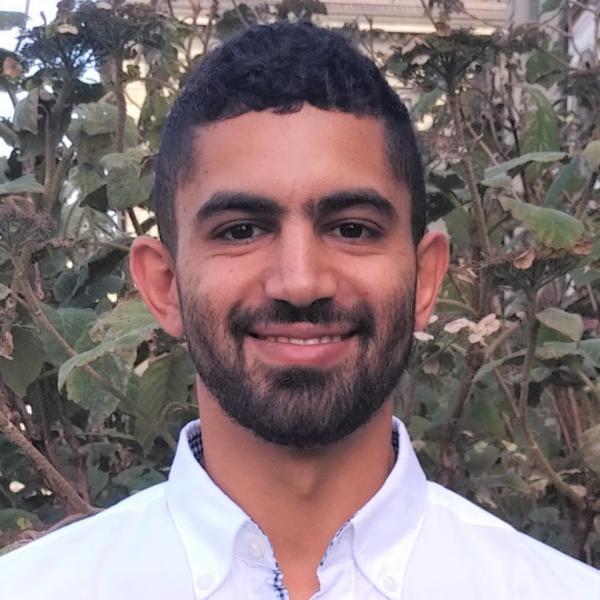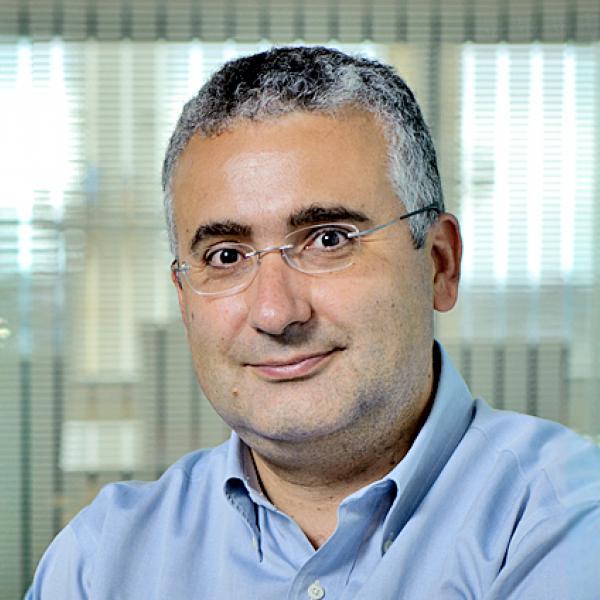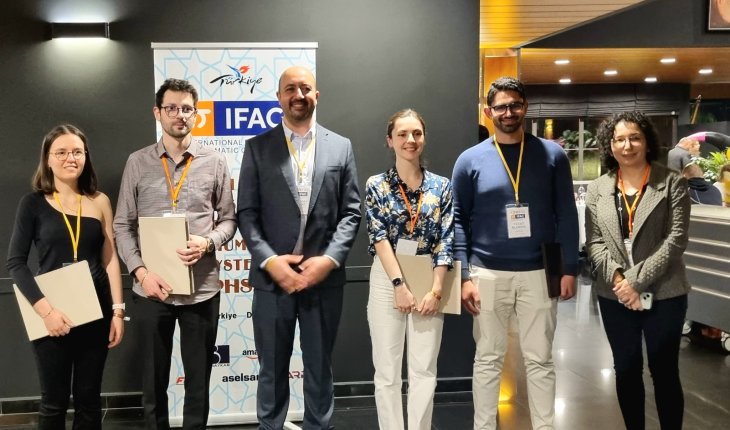Ezzat Elokda

Ezzat Elokda
PhD Student
Automation breathes life into machines. It is awe-inspiring to watch a machine behave as you envisioned. The machine becomes your baby.
Since October 2020, I am a PhD student in a collaborative effort with the Automatic Control Lab and the Institute for Dynamic Systems and Control at ETH Zürich. I am working on the design of decentralized and efficient resource sharing schemes for autonomous mobility, as part of the National Centre of Competence in Research (NCCR) Automation. I received the B.A Sc. in Mechatronics Engineering at the University of Waterloo in June 2014, and the M.Sc. in Robotics, Systems & Control at ETH Zürich in May 2020. From 2014-2018, I held control engineering positions at process automation and lifting equipment companies.











